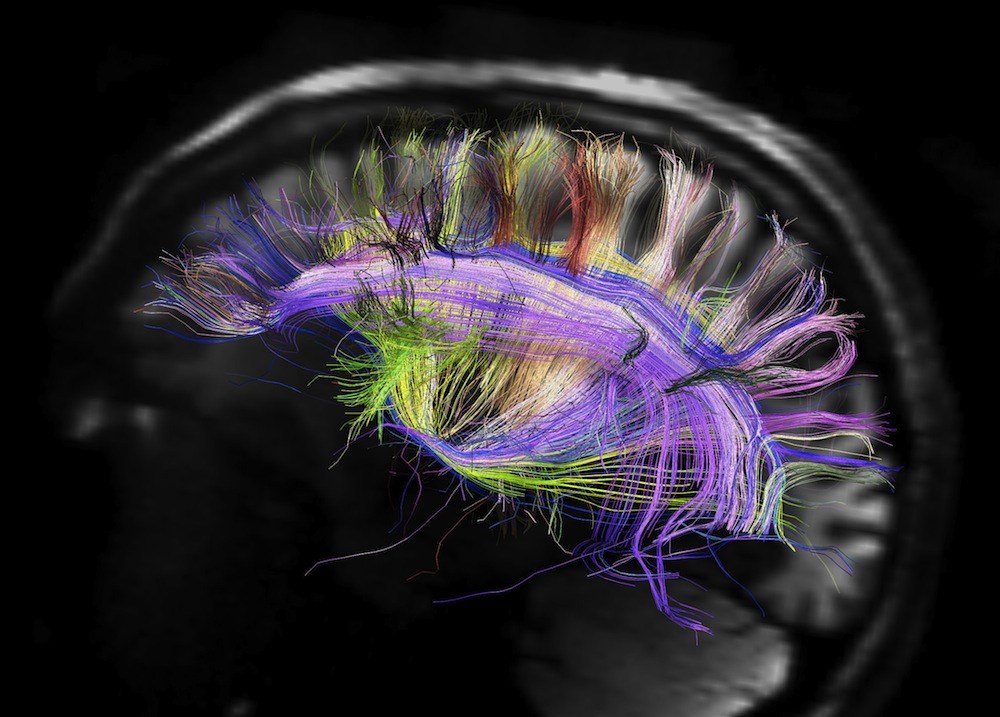Ethical Care Required as Neuroscience Advances, Government Report Says

Get the world’s most fascinating discoveries delivered straight to your inbox.
You are now subscribed
Your newsletter sign-up was successful
Want to add more newsletters?

Delivered Daily
Daily Newsletter
Sign up for the latest discoveries, groundbreaking research and fascinating breakthroughs that impact you and the wider world direct to your inbox.

Once a week
Life's Little Mysteries
Feed your curiosity with an exclusive mystery every week, solved with science and delivered direct to your inbox before it's seen anywhere else.

Once a week
How It Works
Sign up to our free science & technology newsletter for your weekly fix of fascinating articles, quick quizzes, amazing images, and more

Delivered daily
Space.com Newsletter
Breaking space news, the latest updates on rocket launches, skywatching events and more!

Once a month
Watch This Space
Sign up to our monthly entertainment newsletter to keep up with all our coverage of the latest sci-fi and space movies, tv shows, games and books.

Once a week
Night Sky This Week
Discover this week's must-see night sky events, moon phases, and stunning astrophotos. Sign up for our skywatching newsletter and explore the universe with us!
Join the club
Get full access to premium articles, exclusive features and a growing list of member rewards.
Advances in neuroscience raise a slew of ethical questions, and ethics should be integrated into this research, bioethics experts said in a report made public today (May 14).
The report is the first of a two-part response to a request to review ethical issues in neuroscience research, issued by President Barack Obama in conjunction with the government's BRAIN Initiative (Brain Research through Advancing Innovative Neurotechnologies), a project to develop tools for understanding the human brain in health and disease.
"Research on the brain strikes at the core of who we are, and the ethical stakes of neuroscience research could not be higher," Amy Gutmann, chair of the Presidential Commission for the Study of Bioethical Issues, told reporters in advance of the report's release. [Top 10 Mysteries of the Mind]
Ethics of neuroscience
Neurological conditions — such as addiction, depression, stroke and traumatic brain injury — affect more than a billion people worldwide. Research meant to help understand and treat these conditions brings up a host of ethical issues. Though these issues aren't necessarily unique to neuroscience, they deserve special attention, the commission said.
For example, advances in brain imaging raise the issue of mental privacy and agency, and dementia research raises issues of informed consent.
Neuroscience research has great potential for doing good, but scientists must be careful to "separate the hope from the hype," Gutmann said. For instance, deep-brain stimulation is an invasive treatment that has shown promise in the treating people with Parkinson's disease and other conditions. But lobotomy was once thought to be a promising treatment, too, and it caused irreparable harm to many people, Gutmann said.
Get the world’s most fascinating discoveries delivered straight to your inbox.
Report recommendations
To address ethical issues in neuroscience, the commission issued a series of recommendations in Part 1 of their report.
First, the commission called for ethics to be integrated early and explicitly throughout research. Institutions and researchers should identify the key ethical questions associated with their studies, and take immediate steps to address these issues, the report said.
"It's important to integrate ethics from the get-go," Gutmann said, adding that ethical lapses could have tragic consequences on both patients and scientific progress.
Next, government agencies and research funders should choose the most effective approaches to integrating ethics into their research, the commission said.
The commission also recommended that government agencies and researchers integrate ethics into all levels of science education.
Finally, the commission recommended including ethics experts on research advisory groups, including those overseeing the BRAIN Initiative.
In the second part of their report, the commission plans to consider the ethical and societal implications of neuroscience research more broadly.
Follow Tanya Lewis on Twitter and Google+. Follow us @livescience, Facebook & Google+. Original article on Live Science.

 Live Science Plus
Live Science Plus










